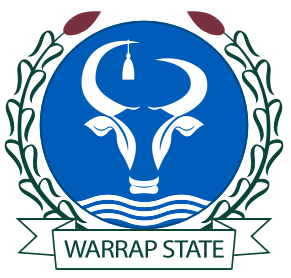- +211 927 778 883
- Mon-Fri: 08:00 am - 05:00 pm

South Sudan Independence Day
July 9 – July 10 CAT

In South Sudan, July 9th is a national holiday commemorating the country’s independence from the Republic of Sudan in 2011. Unfortunately, in the decade following its founding, South Sudan has faced challenges such as disease, famine, flooding, and civil unrest. However, the people of this nation have demonstrated great strength and resilience, which is evident in the enthusiasm with which they celebrate Independence Day. This holiday is not only a time for celebration but also an opportunity for citizens to reflect on their country’s future and the direction they wish to take.
History of Independence Day in South Sudan
South Sudan has historically been part of the greater Sudan region—an area of significance since ancient times. From the 14th century onward, it was settled by Muslim Arabs but was later conquered by Egypt’s viceroy, Muhammad Ali, and placed under the control of the Ottoman Empire in 1820. In 1899, Great Britain and Egypt reached an agreement placing Sudan under the authority of an Egyptian-appointed governor. Since Great Britain also controlled Egypt at the time, Sudan was effectively governed as a British Crown Colony.
Sudan gained independence in 1956, but the southern region felt underrepresented and lacked the autonomy it desired. This led to the First Sudanese Civil War. After years of conflict, a peace agreement established the Southern Sudan Autonomous Region, which lasted from 1972 to 1983. However, the Second Sudanese Civil War soon followed, continuing until another peace agreement was reached in 2005. This agreement granted southern Sudan the autonomy it had long sought. In 2011, a referendum was held, and the people of South Sudan overwhelmingly voted for independence. On July 9th of that year, South Sudan officially became an independent nation.
Observing Independence Day in South Sudan
Independence Day in South Sudan is marked by music, food, and parades. It is a public holiday, with government offices and many businesses closed for the day. Citizens proudly raise the South Sudanese flag on important buildings and homes, celebrating their nation’s hard-earned sovereignty.
